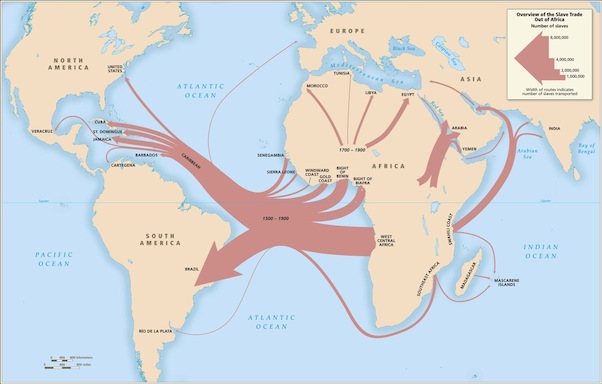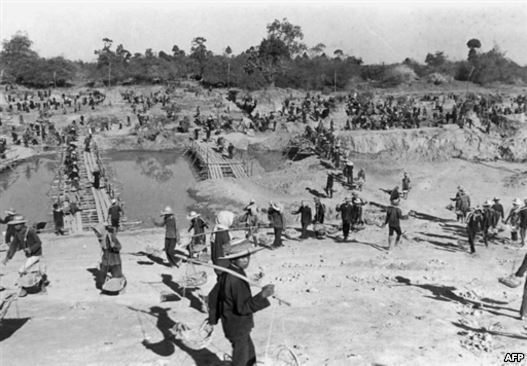
Slavery left a large impact in Angola. Slavery started to extract human capital from Angola (The Kongo) in the late 15th century. The slave trade was an important European economic activity that involved many bankers and merchants who profited from the trade. Statistics illustrating the slave trade paint a gruesome picture. It is estimated that over two million slaves went to the New World through Angola. Portugal consolidated her power in Angolan ports. The Portuguese were not met with no resistance. The Mbundu rebelled against the Portuguese through combat, but the Portuguese continued to extract slaves from the Ovimbundu.

After the Berlin Conference, where Portugal was allocated (gifted) Angola, the Portuguese began to extract other resources from Angola through forced labor. In 1920, diamonds were discovered and Portugal invested heavily in a railroad system throughout the nation. The railroads allow the Portuguese to extract wealth from the interior of Angola and ship it away from the large seaports.

The Portuguese Colonial Act (1933) created a barrier in all Portuguese colonies between the Portuguese and indigenous populations. The Act reaffirmed and codified differences between the Portuguese and Angolans. In addition, the Colonial Act placed tariffs that limited Angolans to only purchase and sell goods to Portugal, creating a system of dependence.